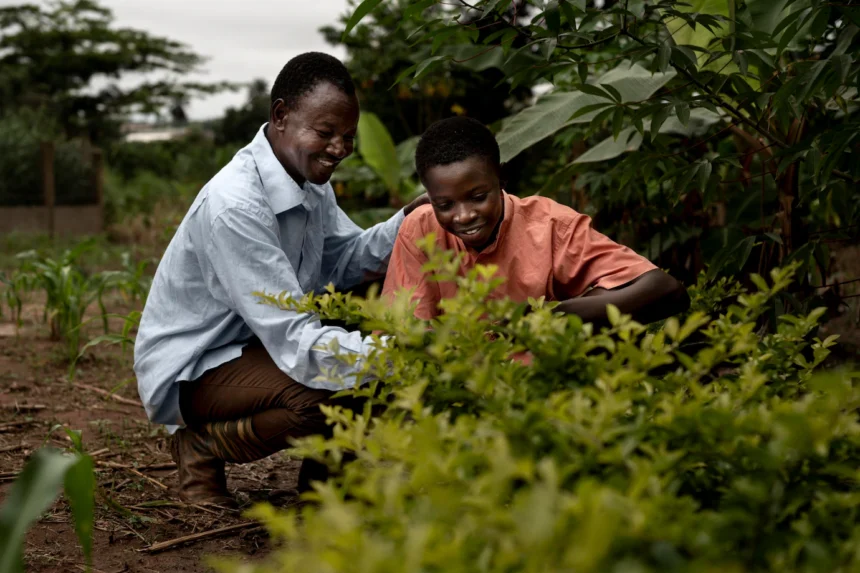Biodiversity and ecosystem services play a crucial role in South African agriculture. South Africa is known for its rich biodiversity, boasting a variety of unique ecosystems, including grasslands, savannas, fynbos, and forests. This biodiversity provides a wide range of ecosystem services that are vital for agricultural productivity and sustainability. Here are some key reasons why biodiversity and ecosystem services are important in South African agriculture:
- Pollination: Many crops in South Africa, such as fruits, nuts, and vegetables, rely on pollinators like bees, butterflies, and birds for successful reproduction. Biodiverse ecosystems support healthy populations of pollinators, ensuring efficient pollination and high crop yields. Loss of biodiversity can lead to reduced pollination services and decreased agricultural productivity.
- Pest control: Biodiverse ecosystems harbor a diverse array of beneficial organisms, including natural predators, parasites, and pathogens, which help control pests and diseases in agricultural systems. These natural enemies can suppress pest populations, reducing the need for chemical pesticides. Protecting biodiversity can contribute to natural pest control, promoting sustainable and environmentally friendly agricultural practices.
- Soil fertility and nutrient cycling: Biodiverse ecosystems contribute to soil fertility through nutrient cycling processes. Different plant species have unique root structures and nutrient requirements, which enhance nutrient uptake and cycling in the soil. Biodiversity helps maintain healthy soil ecosystems, improving soil structure, nutrient availability, and water retention capacity, all of which are vital for agricultural productivity.
- Water regulation and purification: Healthy ecosystems, such as wetlands and forests, play a crucial role in regulating water resources. They help absorb and store water during periods of excess rainfall, reducing the risk of flooding, while also releasing stored water during dry periods, ensuring a steady water supply for agriculture. Additionally, diverse vegetation can act as natural filters, purifying water and reducing the need for expensive water treatment processes in agriculture.
- Genetic resources: South Africa’s biodiversity is a treasure trove of genetic resources for crop improvement and breeding programs. Indigenous plant species have adapted to local conditions, including drought, heat, and pests. These genetic resources can be used to develop more resilient and productive crop varieties, enhancing the resilience of South African agriculture in the face of climate change and other challenges.
- Ecotourism and cultural value: South Africa’s unique biodiversity and ecosystems attract tourists from around the world, contributing to the country’s economy. Agricultural landscapes that maintain biodiversity and natural beauty can serve as important tourist attractions, providing additional income opportunities for farmers and rural communities. Moreover, biodiversity and ecosystems hold cultural significance for local communities, contributing to their identity, traditions, and spiritual beliefs.
It is essential for South Africa to recognize and protect its biodiversity and the ecosystem services it provides to ensure sustainable and resilient agricultural systems. Conservation efforts, sustainable land management practices, and policies that promote biodiversity-friendly agriculture can help maintain the delicate balance between agricultural production, environmental stewardship, and socio-economic development in the country.
Join 'Farmers Mag' WhatsApp Channel
Get the latest Farming news and tips delivered straight to your WhatsApp
CLICK HERE TO JOIN






